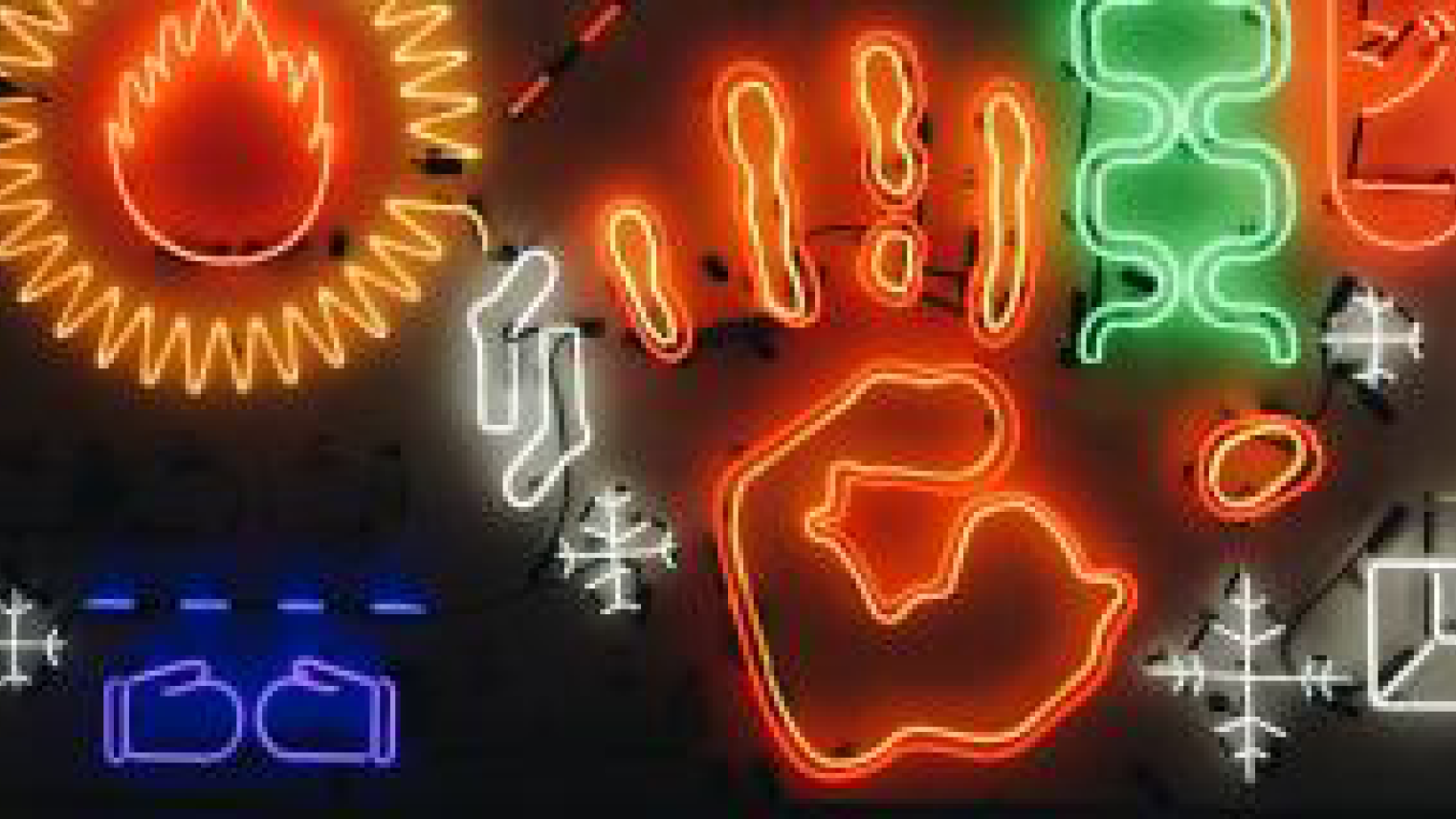The ANU Japan Institute Seminar Series showcases cutting-edge research by leading and emerging scholars based primarily in Australia and Japan. It aims to promote networking among Japan Studies scholars in the two countries and will feature innovative research on the bilateral relationship.
The virtual seminar series will run in 10-week blocks over the two semesters of the academic year (from 2021 to 2023), and will subsequently be made available online for public viewing. Join our mailing list to receive updates and reminders ahead of each seminar.
The virtual seminars will take place from:
- 5-6PM Australian Eastern Standard Time (AEST)
- 4-5PM Japan Standard Time (JST)
- 3-4PM Singapore Standard Time (STST)
After 1 October, with Australian Eastern Daylight Time
- 5-6PM Australian Eastern Daylight Time (AEDT)
- 3-4PM Japan Standard Time (JST)
- 2-3PM Singapore Standard Time (STST)
South Korea’s identity and Japan: Beyond the 'history problem'
The question of national identity has been one of the most widely debated topics in the academic literature devoted to Korea-Japan relations in the post-Cold War era. Works that focus on the Korean side of the Korea-Japan nexus can be roughly divided into two groups. One group traces the origins of Korean nationalism to the direct experience of Japan’s colonial policies and the response from pro-independence Korean nationalists. The other group focuses on the post-Cold War era and emphasises the role of Korean collective memory of colonisation that rose to the fore of the public discourse in Korea as a result of various factors such as the demise of the communist threat, democratisation, domestic rivalry between the conservative and the liberal camps, non-state actors and socio-political practices.
This talk does not seek to challenge the validity of these explanations but to suggest that historical memory hasn't been the only factor in shaping Korea's national identity vis-a-vis Japan. This talk will argue that economic relations between Japan and Korea during the 1970s-1980s and the discourse on Japan's economic aggression that emerged during this period played an important role in shaping the identity of the so-called '386 generation' which came to dominate the public discourse in Korea from the 1990s onwards.
Speaker
Alexander Bukh is an Associate Professor in International Relations at Victoria University of Wellington, New Zealand. He holds a PhD in International Relations from the London School of Economics and a LLM in International Law from Tokyo University. Alexander has published extensively on international relations in Northeast Asia. His publications have appeared in academic journals such as Third World Quarterly, The European Journal of International Relations, Asian Survey, International Relations of the Asia Pacific and The Pacific Review.
He is the author of Japan’s National Identity and Foreign Policy: Russia as Japan’s ‘Other’ (Routledge, 2008) and These Islands Are Ours: The Social Construction of Territorial Disputes in Northeast Asia (Stanford University Press, 2020), a recipient of the 2020 Choice Award for Outstanding Academic Title, sponsored by the American Library Association and a co-winner of the 2021–2022 ISA Asia-Pacific Distinguished Book Award. Alexander is also a producer and a co-director of a documentary on territorial disputes-related activism in Japan and Korea titled This Island in Ours (Contented Production, 2016).
Register here

